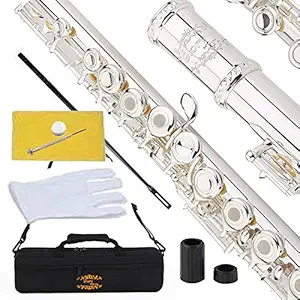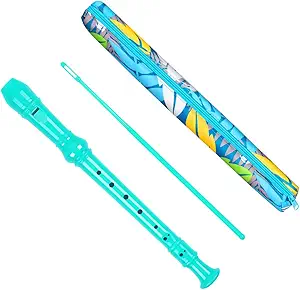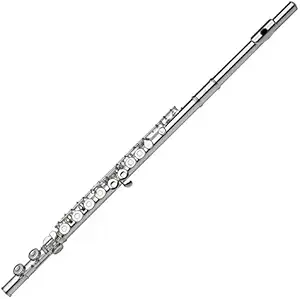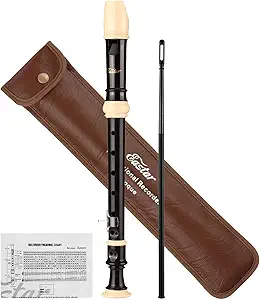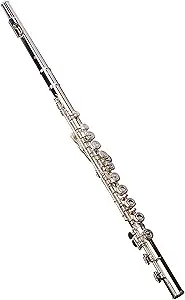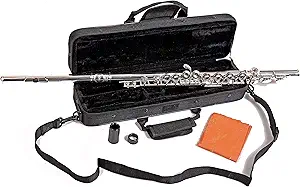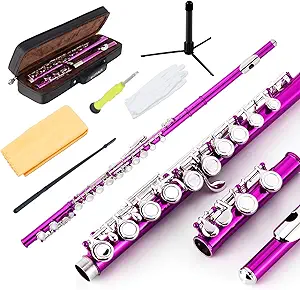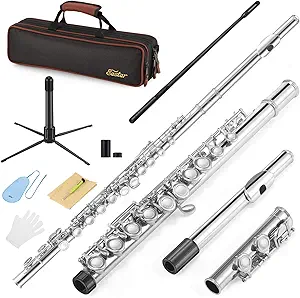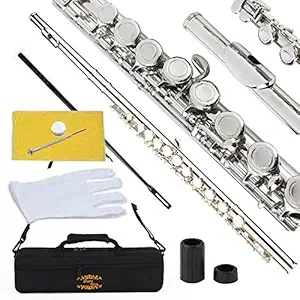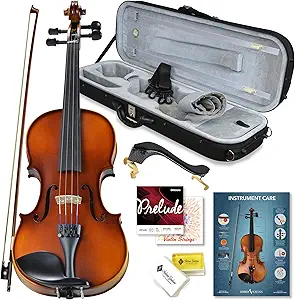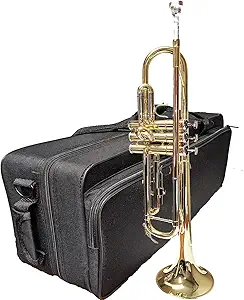A Comprehensive Guide to Buying a Flute: Types, Features, Prices, and Tips
Overview
The flute is a popular and versatile instrument that can be played in a variety of musical styles. Whether you're a beginner or a professional, choosing the right flute can be a daunting task. This guide will help you understand the different types of flutes, key considerations when buying a flute, important features to look for, typical prices, and tips to help you make an informed decision.
Types
There are three main types of flutes: beginner, intermediate, and professional. Beginner flutes are designed for new players and are usually made of nickel or silver-plated brass. Intermediate flutes are a step up from beginner flutes and are made of solid silver or gold-plated brass. Professional flutes are made of solid silver or gold and are designed for advanced players.
Key Considerations
When buying a flute, there are several key considerations to keep in mind. These include your skill level, budget, playing style, and the type of music you want to play. Other important factors to consider include the materials the flute is made of, the quality of the sound, and the ease of playing.
Features
Flutes come with a variety of features that can affect their sound and playability. Some important features to look for include the headjoint, body, keys, footjoint, and case. The headjoint is the part of the flute that produces the sound, while the body, keys, and footjoint affect the tone and playability. A good case is important to protect your flute and keep it in good condition.
Prices
Flute prices can vary widely depending on the type of flute and its features. Beginner flutes can range from $200 to $1000, while intermediate flutes can range from $1000 to $5000. Professional flutes can cost upwards of $10,000.
Tips
When buying a flute, it's important to try out several different models to find the one that feels and sounds best for you. Consider taking lessons from a professional flutist to get their advice on choosing a flute. It's also important to take good care of your flute by cleaning it regularly and storing it in a protective case.
FAQs
Q: What is the difference between a closed-hole and open-hole flute?
A: Closed-hole flutes have solid keys that cover the finger holes, while open-hole flutes have holes in the keys that require the player to partially cover them with their fingers. Open-hole flutes are generally considered to be more advanced and offer more tonal possibilities.
Q: What is a split E mechanism?
A: A split E mechanism is a feature found on some flutes that helps produce a clear and focused high E note. It works by splitting the airflow into two streams, making it easier to play the note.
Q: Should I buy a new or used flute?
A: It depends on your budget and personal preferences. Used flutes can be a good option if you're on a tight budget, but be sure to have it checked by a professional to ensure it's in good condition. New flutes come with a warranty and are generally easier to maintain.
Q: How often should I clean my flute?
A: You should clean your flute after every use to prevent buildup of dirt and moisture. Use a soft cloth and a cleaning rod to clean the inside of the flute, and a polishing cloth to clean the outside.
Q: Can I play jazz on a flute?
A: Yes, the flute is a versatile instrument that can be played in a variety of musical styles, including jazz.

